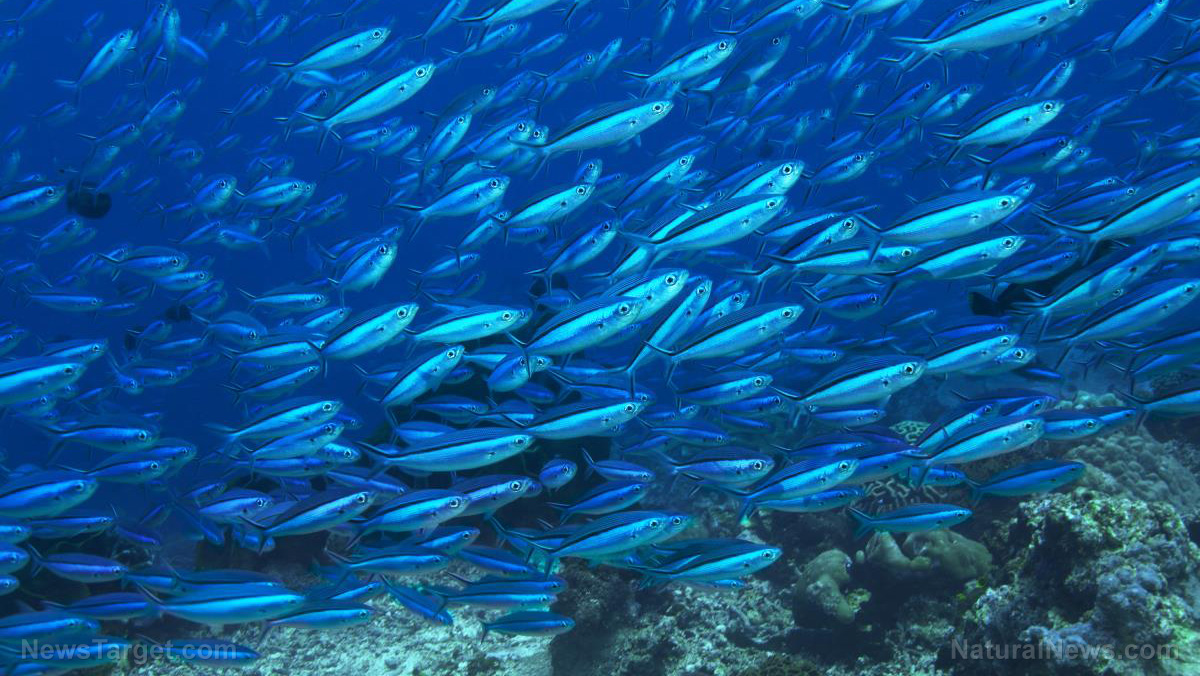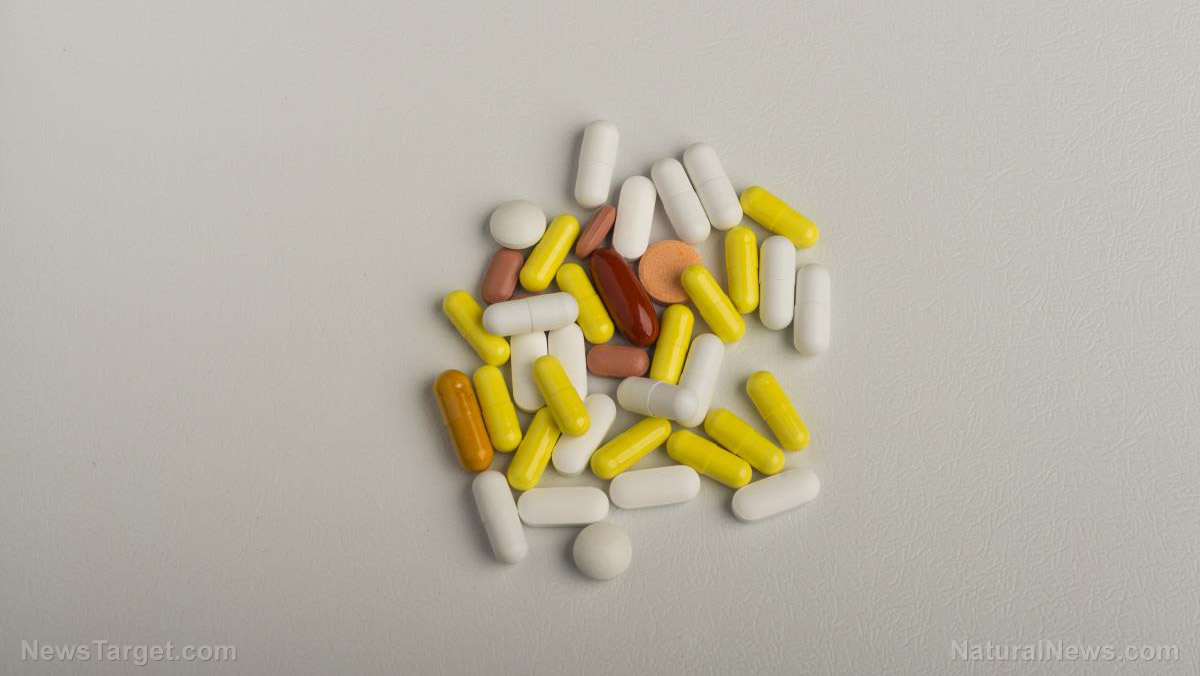Science proves once and for all that eating a lot of fish prevents cognitive decline
05/21/2018 / By Isabelle Z.

Some of us recall our mothers encouraging us to eat fish growing up on the pretense that it’s “brain food,” and it turns out that this is one notion that actually has some very solid science to back it. In fact, new research shows just how far its protective benefits reach.
In the latest study to illustrate how this gift from the sea helps the human brain, researchers found a link between fish consumption and enhanced neurological health over the long term. Specifically, the Swedish researchers discovered that the parvalbumin protein can help prevent the protein structures associated with Parkinson’s disease from forming.
The researchers weren’t surprised to see fish associated with cognitive health, but this particular study provided some new insight into precisely why eating it is so good for your brain. It has long been believed that omega-3 and omega-6 fatty acids are behind this effect, but the team’s data suggests that it’s the parvalbumin’s ability to block the formation of the alpha-synuclein plaques involved in Parkinson’s disease from being formed in the first place.
Parvalbumin is a calcium-binding protein that is abundant in many fish, especially in their muscle tissue. It’s also what is responsible for causing reactions in those who are allergic to fish.
The study’s lead author, Professor Pernilla Wittung-Stafshede, explained: “Parvalbumin collects up the ‘Parkinson’s protein’ and actually prevents it from aggregating, simply by aggregating itself first.”
Essentially, when proteins fold in an improper manner, they stick together and form the amyloids present not only in Parkinson’s but also Huntington’s and Alzheimer’s diseases. The parvalbumin can clean up the abnormal amyloids before they can take hold, protecting people from neurodegenerative conditions.
However, the researchers suggest that both parvalbumin and omega-3 fatty acids play a role in giving fish its positive effects on cognitive decline and dementia. The researchers would like to carry out additional studies to see what impact, if any, their finding could have on other neurodegenerative disorders beyond Parkinson’s. As people live longer than before, the scientists believe such diseases will be seen in even greater numbers in the future – a disturbing prospect when you consider the fact that no cures currently exist.
Their next study will look at the parvalbumin in herring and explore its transport in human tissue.
Parkinson’s affects a million Americans and ten million people around the world, and approximately 60,000 people in the U.S. are diagnosed with the illness each year. It affects men more than women. Its exact cause is unknown, but both genetic and environmental factors are believed to combine to contribute to the illness. A traumatic brain injury has been linked to a higher risk of developing Parkinson’s years later, and pesticide exposure has been consistently linked to it as well.
Eat more fish for brain health
The study’s first author, Tony Werner, pointed out that those who follow a Mediterranean diet high in fish have lower rates of Alzheimer’s and Parkinson’s.
Some of the fish that are high in parvalbumin include cod, herring, red snapper, sockeye salmon, carp, and redfish. However, the researchers point out that levels tend to fluctuate depending on the time of year. For example, fish is generally significantly more nutritious as summer comes to a close because of the higher metabolic activity that occurs when fish have gotten a lot of sun. Therefore, they suggest upping your intake of these fish in the fall months.
Read Food.news for more science on healing foods.
Sources for this article include:
Tagged Under: Alzheimer's, brain health, cognitive decline, dementia, fish, fish consumption, food, food science, healing food, longevity, neurodegenerative diseases, omega 3, Parkinsons, parvalbumin, prevent disease




















